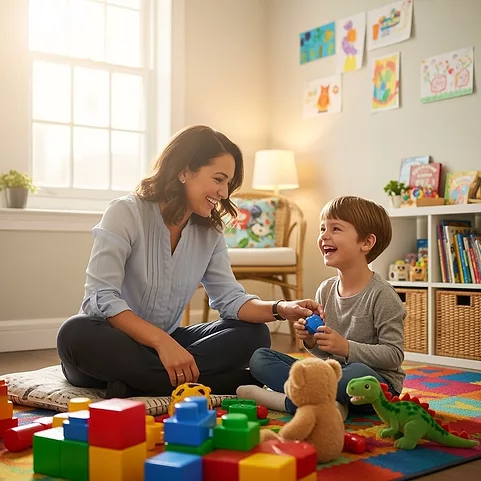Single Therapy Session Works to Reduce Violence and Alcohol Misuse
Subject:
PSYCHOTHERAPY
Short Description:
Single Therapy Session Works to Reduce Violence and Alcohol Misuse
Background:
Often, adolescents most at risk of problems with violence and alcohol abuse are the hardest to reach through traditional means. Because many at-risk youths may not have primary care or attend school regularly, a group of researchers recently studied the effectiveness of a brief intervention in decreasing violence and alcohol misuse among adolescents in a Flint, Mich, hospital emergency department. Over the course of three years, more than 3,000 patients between the ages of 14 and 18 presenting to Level I ER between noon and 11 pm, seven days a week, completed a computerized survey to assess for aggression and alcohol use. Based on positive reports of alcohol consumption and violence, 726 patients were randomized to one of three conditions: a 35-minute interactive computer intervention (n=237), a 35-minute intervention with a therapist (n=254), or the control group, which PSYCHOTHERAPY was given a brochure (n=235). The interventions involved motivational interviewing techniques, personalized feedback, and training and role play aimed at reducing alcohol misuse and aggression. Computerized follow-up assessments took place at three and six months. At six months, participants in the therapist intervention had the greatest reports of reductions in severe peer aggression (-37.7% vs -26.2% computer group and -28.4% control group), negative consequences related to violence (-28.9% vs -27.4% computer group and -24.3% control group), binge drinking (-20.3% vs -15.5% computer group and -19.9% control group), and consequences related to alcohol use (-32.2% vs -29.1% computer group and -17.7% control group). Participants from the computer intervention group showed the greatest reduction in reports of any experience of peer violence (-18.6% vs -12.7% therapist group and -7.1% control group) (Walton MA et al, JAMA 2010;304(5):527–535).
TCPR's Take:
The best computer program in the world can’t provide the nuanced, personal responses one gets from a human being, so it comes as no surprise that in most cases the therapist intervention was more successful than the computer intervention. In some cases, in fact, even the control group performed better than the computer intervention. However, a single, brief, 35-minute session with a therapist did show positive results for kids with histories of alcohol use and aggression, particularly in regard to instances of severe peer aggression and consequences related to alcohol consumption. This is good news for at-risk kids who are not very likely to have the means or the desire to show up for weekly therapy appointments.
Newsletters
Please see our Terms and Conditions, Privacy Policy, Subscription Agreement, Use of Cookies, and Hardware/Software Requirements to view our website.
© 2025 Carlat Publishing, LLC and Affiliates, All Rights Reserved.


_-The-Breakthrough-Antipsychotic-That-Could-Change-Everything.webp?t=1729528747)



